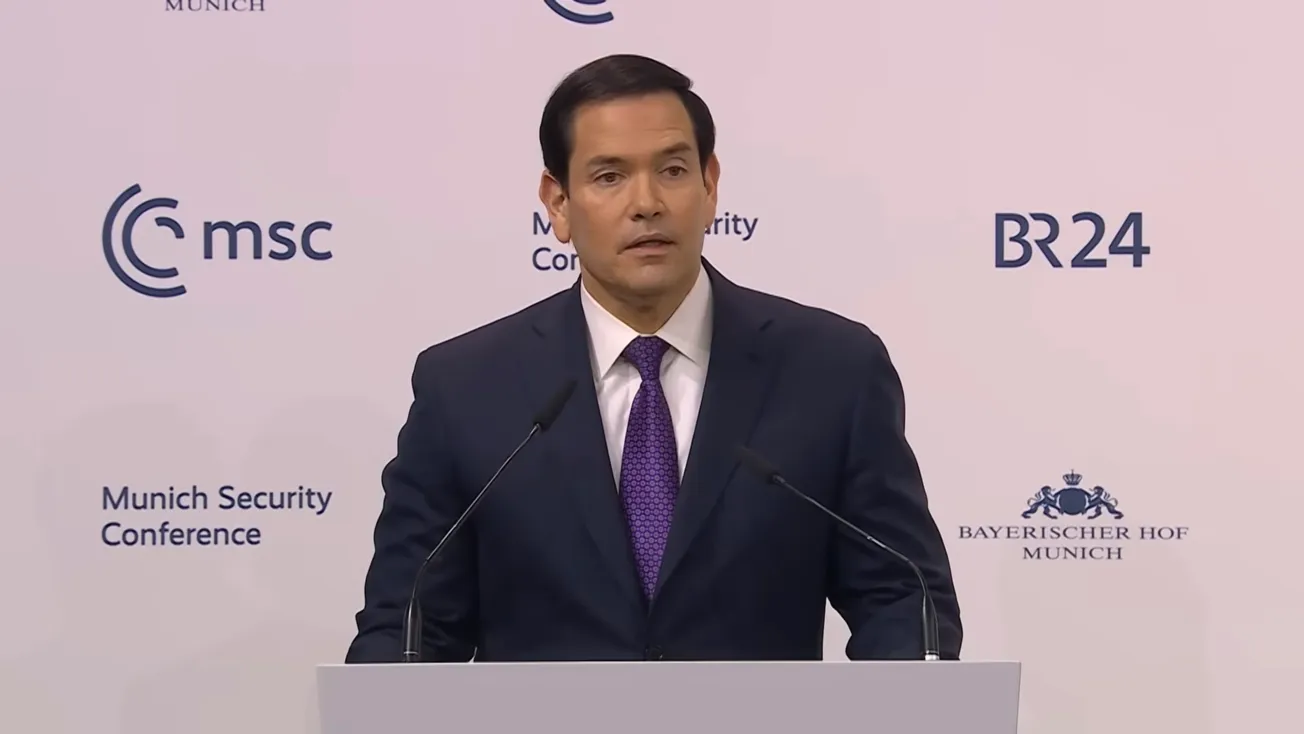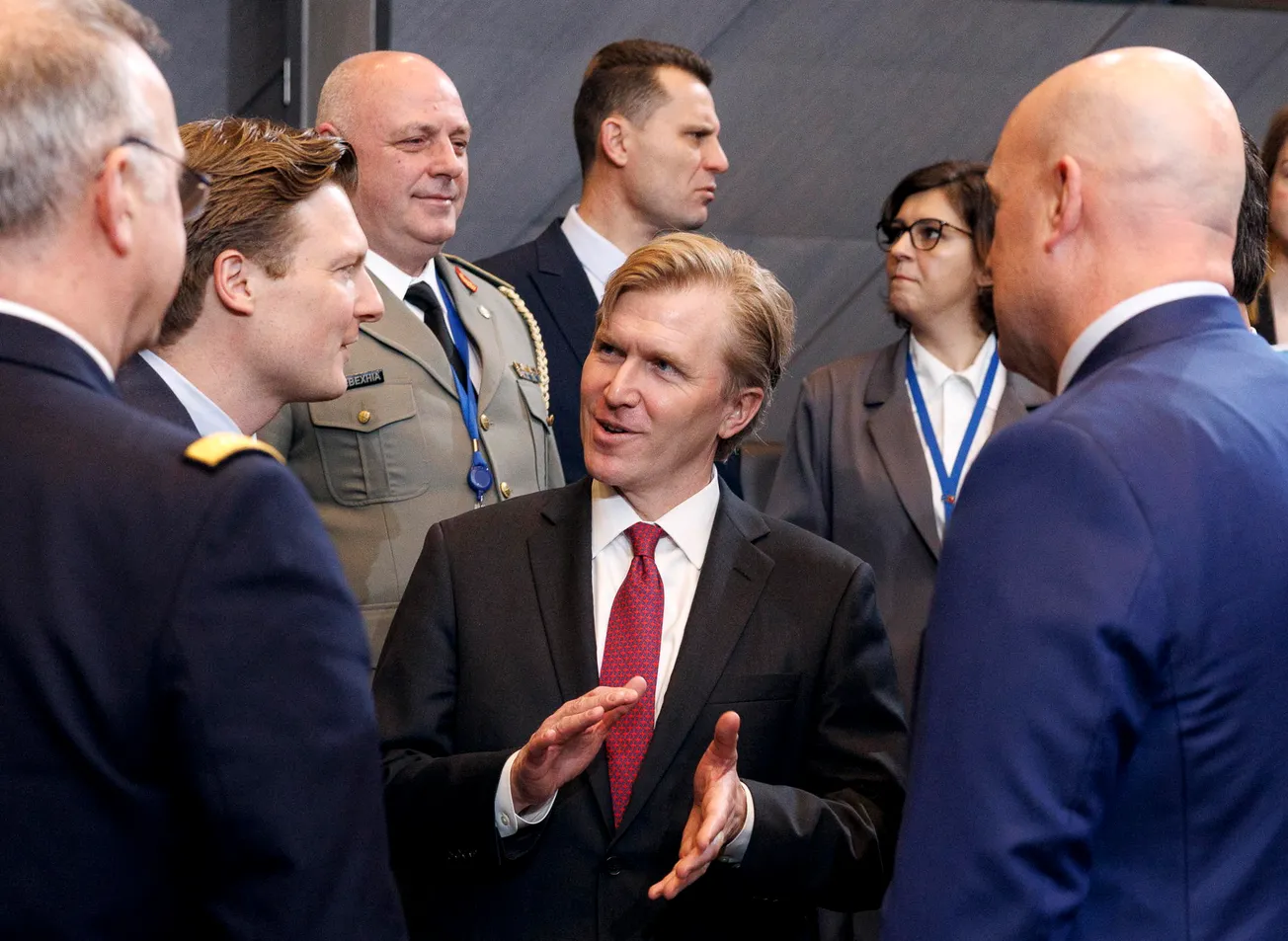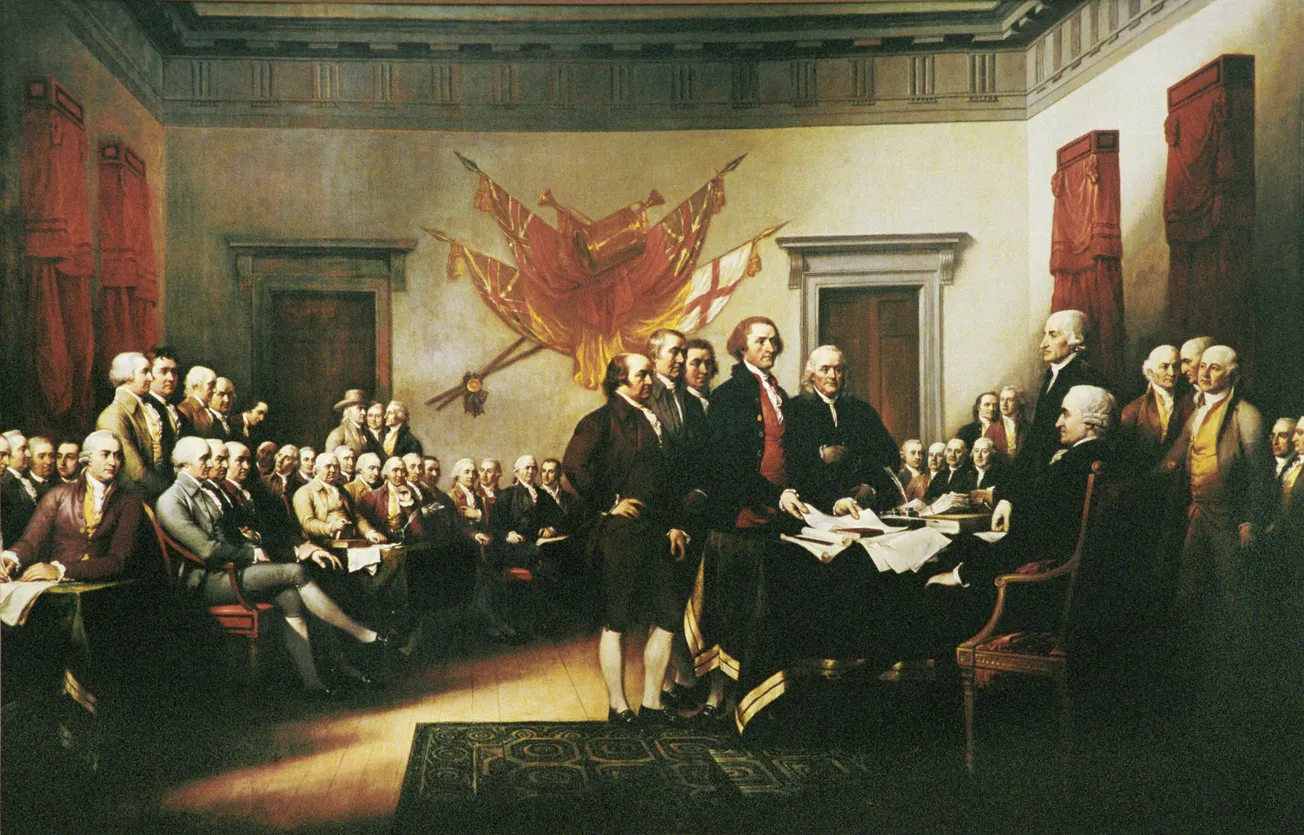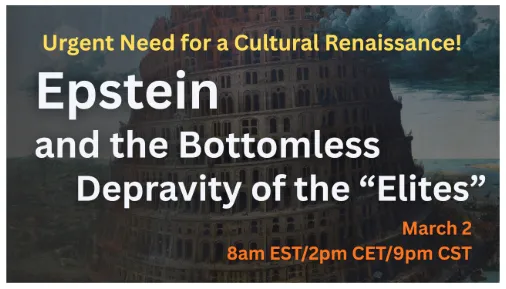The Lead
The Diplomacy of Reason, in the Name of Peace
by Dennis Speed (EIRNS) — Jul. 09, 2024
Hungarian Prime Minister Viktor Orbán used the following words to identify the principle behind the actions he has embarked upon, immediately after assuming the Presidency of the Council of the European Union, a position he will hold for the next six months. “What we can do is what it is always the job of the Presidency to do: to put proposals on the table. So we won’t be deciding, but we’ll help the twenty-seven prime ministers to decide. We’ll be there in all the places that are important for Europe, we’ll explore all the situations… This leadership isn’t bureaucratic—of course there are these dossiers and deliberations, but there also needs to be a political form of energy: an initiative which isn’t a decision, but which puts a clear description of the situation on the table, the possible solutions. This is how we’ll proceed. If in the coming days you or your viewers hear surprising news from surprising places, this is the way of working that’s behind it.”
In his first week on the job, “President” Orbán has visited Ukraine, Russia, and China. President Orbán also said something more: “In this culture of international diplomacy, what we represent and how we represent it is public, open and direct. I think that this is a virtue.” So did the philosopher Plato, whose dialogue, The Republic—literally, “the public things,"—is not so much about a form of government, as about the method of self-government.
“Open and direct” would not be the first words that come to mind, when looking at the American Presidency right now, or its corrupt bureaucracy operating on what is more properly called “the rule of lies” rather than “the rule of law,” itself a sophistical, reprehensible non-concept. There is also the media, who have colluded to cover up what no one can any longer deny. Yet they still do so, and should therefore never again be trusted, especially on matters of war and peace. Neither Americans, nor the rest of the world—except, perhaps, the City of London—know who the American President is; we simply all know who the American President isn’t. We know that America’s present government is clearly unelected by the people, unaccountable to the people, and unintended for the people.
What distinguishes a “presidential” from a “bureaucratic” mind-set, whatever the form of government, is what is sometimes called voluntarism. The “Presidential principle” that Orbán is, at the moment, referring to, accessing, and deploying, is not his particular office. It is no different in its potential effect, than that principle which American President Franklin Roosevelt applied, in his first days in office, starting March 4, 1933. We are not comparing the formal actions of the two figures, nor the powers of their two offices. What is identical, is that in each case, the monumental task to be accomplished, requires that the person assuming the responsibility to accomplish it, must, to succeed, persuade others to act on behalf of accomplishing that task. The leader can only propose, but not impose, a course of action, and must convince, through the power of reason, others to act, even if they are even severely disinclined to so act.
FDR had to restore the confidence of a Depression-plagued American people in the powers of self-government in the very first hours of his Presidency. His takeover of the banking system—the “Bank Holiday” that began March 6, 1933—happened before his enactment of the Glass-Steagall Act in June of 1933, three months later. “Action, and action now” was what was required; action came first, and then the law followed, because that President acted decisively, for the General Welfare.
In a much different, but congruent example, two weeks after he was inaugurated President of the United States in 1861, Abraham Lincoln met with the 30-year-old engineer Grenville Dodge, to discuss what would become, less than a decade later, the Transcontinental Railroad. It was the “Apollo Project” of that time, transforming all world transportation, providing the means for the interior development of continents, and trail-blazed all subsequent such development projects, including today’s Belt and Road Initiative of China and the Shanghai Cooperation Organization. Impending fratricidal war, which would erupt only four weeks after his meeting with Dodge, did not dissuade Lincoln from what he knew was fundamental—advancing the physical-economic unity of the United States, as the basis for re-establishing its political unity as a republic. Lincoln’s pre-thinking about the Transcontinental Railroad—the first question he asked Dodge two years earlier on their first meeting in Council Bluffs, Iowa, in August 1859, was, “Dodge, what’s the best route for a Pacific railway to the West?” was part of Lincoln’s war-winning strategy. The physical railroad itself would be completed only after that war, and after Lincoln’s death. In that sense, Lincoln understood the relationship between a military-strategic policy, and a development policy, and sought to create a new strategic and development “architecture”—as we will have to do now, but of a qualitatively higher international nature, as proposed in Helga Zepp-LaRouche’s Ten Principles.
From that standpoint, look with fresh eyes on the work of China, bordered by 14 nations, and its President, Xi Jinping, in the field of diplomacy, including China’s largely-ignored plan for peace in Europe. Look with fresh eyes at the “adversary,” Russia, also bordered by 14 nations, and its President, including his June 14 proposal for negotiations. From that standpoint, look at what Orbán has moved to enact. Consider what would happen if intelligent life-forms in the trans-Atlantic sector, not necessarily in full agreement with the policies of Russia or China, but with a congruent idea of the necessity for peace through development, would think about, publicly support, and advance what Orbán has done.
Independent candidates with independent minds, such as New York Senate and Congressional candidates Diane Sare and Jose Vega, must act, in the name of the “Presidential principle,” as the economist and statesman Lyndon LaRouche did through his eight Presidential campaigns, and his multiple physical-economic designs and proposals. All such candidates and voices can both support and accelerate the pace of diplomacy that Viktor Orbán has initiated.
Carrying out public policy-interventions, as has been recently done by both Vega and Sare, is one way that bold “normal citizens” of the trans-Atlantic sector can choose to also access the “Presidential principle,” independent of any particular electoral date in their respective countries. And subscribing to our Executive Intelligence Review, and its Daily Alert, particularly in light of the mind-killing “menticide media’s” daily treason against the human race that they call “news,” is essential to develop and maintain the moral fitness to survive in these tumultuous times, to “not be caught below the level of events.” This series of actions, and theirs, are the “res publica” form of diplomacy in the name of peace that the world requires from us to survive this most dangerous time in all of history.
Contents
New World Paradigm
- Russian President Putin Holds Informal Talks with Indian Prime Minister Modi in Moscow (↓)
- Prime Minister Orbán Meets with President Xi in Beijing on Third Leg of His Peace Mission (↓)
- Erdogan Reiterates His Invitation to Assad To Restore Ties, Despite Anti-Syrian Riots (↓)
Strategic War Danger
- Chinese Forces Deploy to Belarus for Counter-Terrorism Exercises (↓)
- NATO Heading into ‘Gloomy’ Summit (↓)
Collapsing Imperial System
- Netanyahu Accused of Sabotaging Ceasefire Deal with Hamas (↓)
- British Medical Journal Estimates Actual Gaza Death Toll Could Be 186,000 Or Higher (↓)
U.S. and Canada
Harley Schlanger Update
Watch The Daily Update with Harley Schlanger, a short video update available every weekday morning from The LaRouche Organization.








